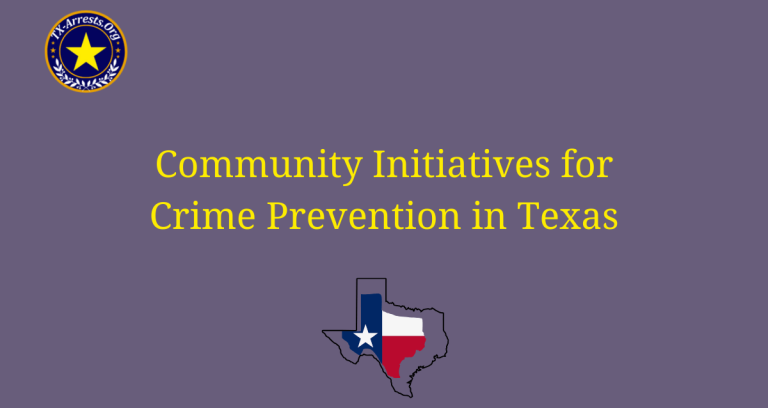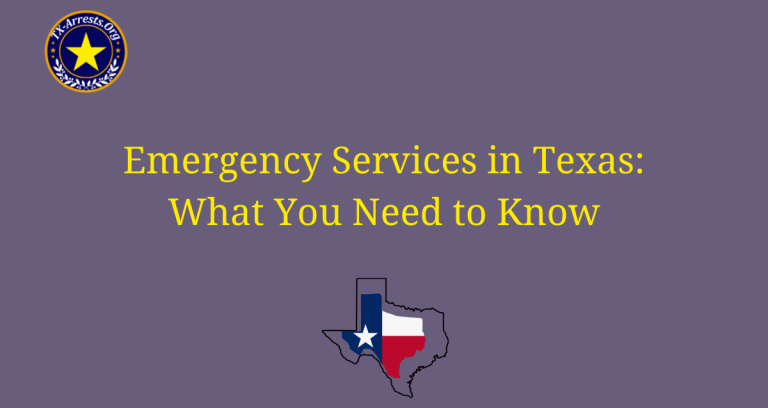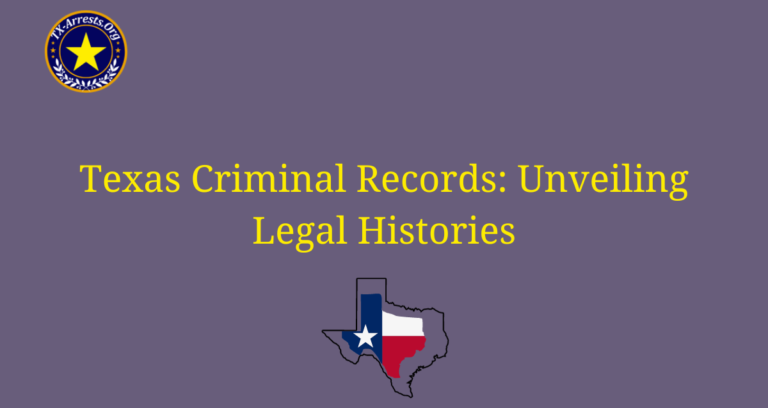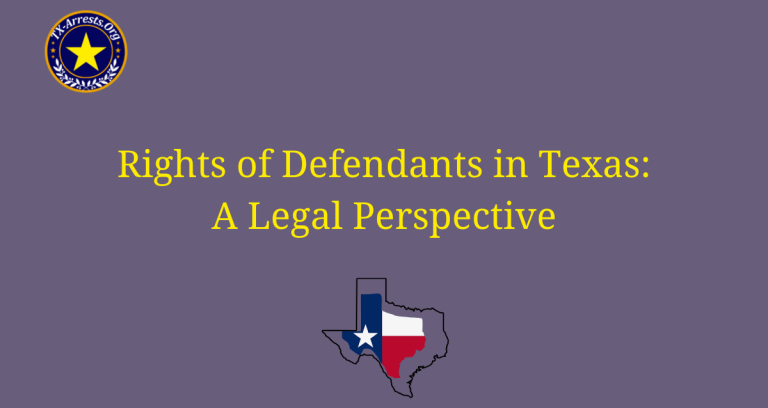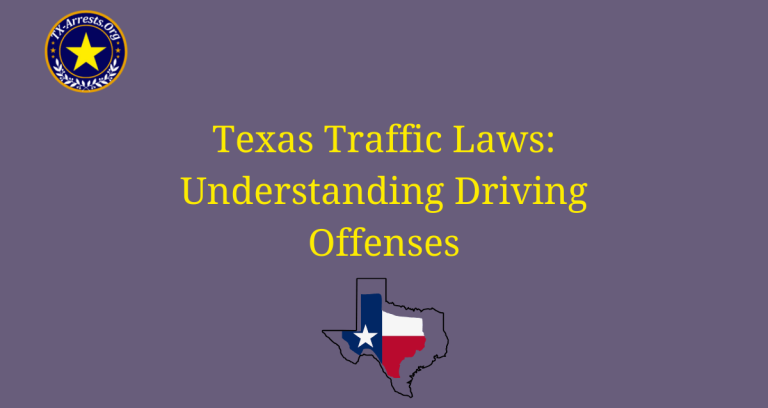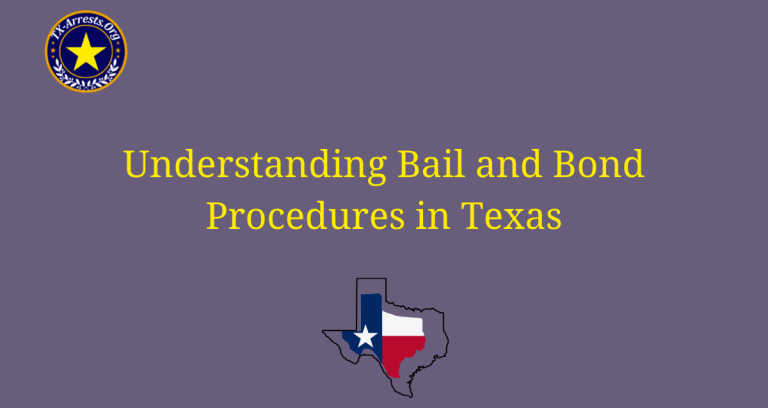Texas Law Enforcement Agencies: An In-Depth Guide
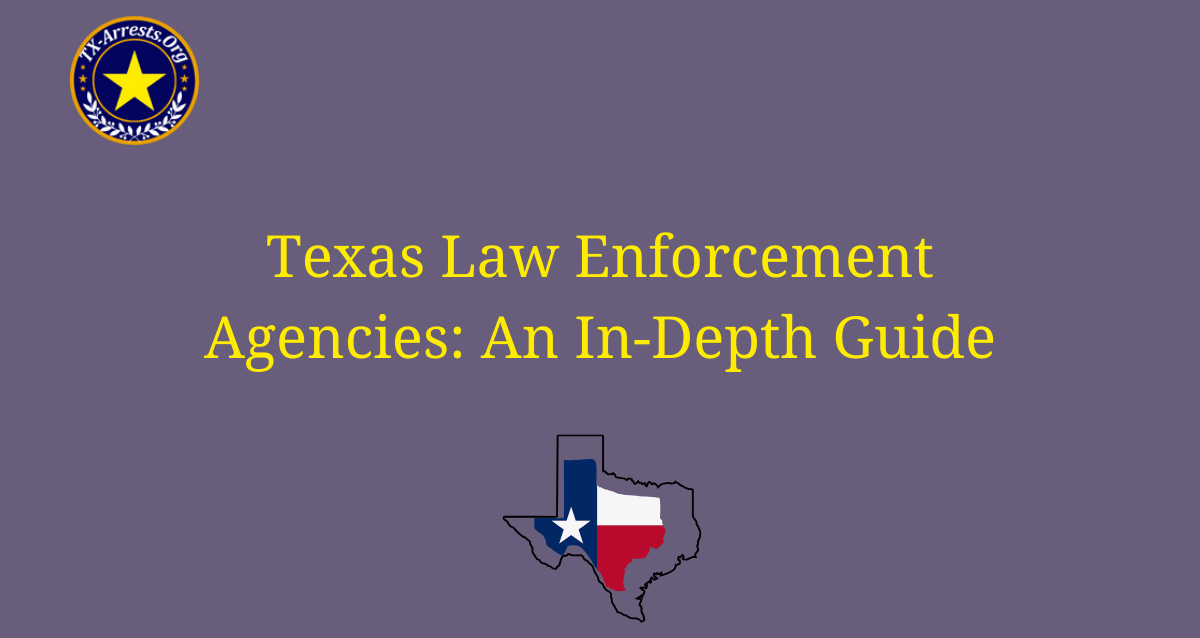
When it comes to law enforcement in the state of Texas, there is a wide range of agencies that work tirelessly to ensure the safety and security of its residents. From local police departments to state troopers and federal agencies, Texas has a comprehensive system in place to maintain law and order. This guide aims to provide an in-depth look at the various law enforcement agencies operating in Texas, their roles and responsibilities, and the challenges they face in keeping the Lone Star State safe.
Local Police Departments
Local police departments play a crucial role in maintaining law and order within their respective jurisdictions. These departments are responsible for responding to emergency calls, conducting investigations, and enforcing local laws. They work closely with the community to build trust and ensure the safety of residents. With their presence on the streets, local police departments act as the first line of defense against crime and provide essential services to the public.
State Troopers
State troopers are a specialized branch of law enforcement in Texas. They primarily focus on enforcing traffic laws and ensuring highway safety. State troopers patrol the state’s highways, monitor traffic flow, and respond to accidents and emergencies. Their presence helps reduce traffic violations and maintain order on the roads. State troopers also assist local police departments in investigations and provide additional support during major events or disasters.
Texas Rangers
The Texas Rangers have a long history and are known for their investigative skills. They are a division of the Texas Department of Public Safety and handle major crimes, including murder, kidnapping, and organized crime. Texas Rangers often work in collaboration with other law enforcement agencies to solve complex cases. With their extensive training and expertise, they are a vital asset in maintaining public safety and upholding justice in the state.
County Sheriffs’ Offices
County sheriffs’ offices are responsible for law enforcement in the county areas of Texas. Sheriffs and their deputies handle a wide range of duties, including serving legal documents, providing courtroom security, and operating county jails. They also assist local police departments and state agencies in various law enforcement activities. County sheriffs’ offices ensure the safety of rural areas and work closely with the community to address local concerns and maintain peace.
Federal Agencies
In addition to state and local law enforcement, several federal agencies operate in Texas to combat specific crimes and protect national security. These agencies include the Drug Enforcement Administration (DEA), Federal Bureau of Investigation (FBI), and Bureau of Alcohol, Tobacco, Firearms and Explosives (ATF). Each agency has its own jurisdiction and focuses on different areas, such as drug trafficking, terrorism, or federal crimes. Federal agencies collaborate with state and local authorities to ensure a coordinated approach to law enforcement and protect the interests of the United States.
FAQs
What are Texas Law Enforcement Agencies?
Texas Law Enforcement Agencies refer to the various departments and organizations responsible for maintaining law and order in the state of Texas. These agencies include local police departments, county sheriffs’ offices, state troopers, and specialized units such as the Texas Rangers.
What is the role of Texas Law Enforcement Agencies?
The primary role of Texas Law Enforcement Agencies is to protect the public, enforce laws, and ensure public safety within their respective jurisdictions. They investigate crimes, respond to emergencies, conduct traffic enforcement, and provide support to other law enforcement agencies when needed.
How are Texas Law Enforcement Agencies structured?
Texas Law Enforcement Agencies are organized in a hierarchical structure. At the local level, there are city police departments and county sheriffs’ offices. These agencies may have multiple divisions, including patrol, investigations, and specialized units. At the state level, the Texas Department of Public Safety oversees the Texas Highway Patrol and other state law enforcement entities.
What qualifications are required to join Texas Law Enforcement Agencies?
The specific qualifications to join Texas Law Enforcement Agencies may vary depending on the agency, but generally, applicants must meet certain criteria. These may include being a U.S. citizen, having a high school diploma or GED, passing physical and written exams, completing a background check, and successfully completing a training academy.
What services do Texas Law Enforcement Agencies provide to the community?
Texas Law Enforcement Agencies provide a wide range of services to the community. These include responding to emergency calls, conducting investigations, enforcing traffic laws, providing community policing initiatives, educating the public about crime prevention, and offering support and assistance to victims of crime.
How can I contact Texas Law Enforcement Agencies in case of an emergency?
In case of an emergency, you should dial 911 to contact Texas Law Enforcement Agencies. This emergency number will connect you to the appropriate agency based on your location. For non-emergency situations, you can usually find contact information for local police departments and sheriff’s offices on their respective websites or through directory assistance.

